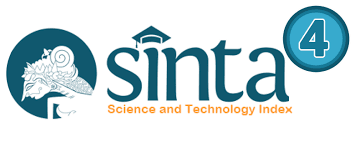PENERAPAN SOFT SYSTEMS METHODOLOGY (SSM) DALAM PENYELESAIAN MASALAH KOMPLEKS DI LEMBAGA PENDIDIKAN
DOI:
https://doi.org/10.34125/jmp.v10i2.475Keywords:
Soft System Methodology, Manajemen Pendidikan, Masalah KompleksAbstract
Educational institutions are often faced with complex, unstructured problems, involving many stakeholders with different perspectives and interests. Such problems cannot be solved with a technical approach alone, but require an adaptive and participatory systemic approach. This study aims to examine the application of Soft Systems Methodology (SSM) as a qualitative approach to solving complex problems in the educational environment. The study was conducted through a systematic literature review of ten scientific articles published between 2020 and 2025, obtained from the Scopus, Google Scholar, and Garuda databases. The search process used the keywords "Soft Systems Methodology", "education", and "educational management". Ten articles reported that the use of SSM succeeded in producing a conceptual model that could be applied to design systemic changes that were contextual and acceptable to educational institutions. In addition, this approach was considered capable of integrating social, cultural, and policy aspects that influence decision-making in educational institutions. The results of this study strengthen the argument that SSM is not only useful for mapping problems, but also effective in encouraging cross-functional collaboration and producing more sustainable solutions. Therefore, the implementation of SSM can be a relevant strategy for educational management in responding to complex challenges in a more structured and inclusive manner.
Downloads
Published
How to Cite
Issue
Section
License
Copyright (c) 2025 Jurnal Manajemen Pendidikan

This work is licensed under a Creative Commons Attribution-ShareAlike 4.0 International License.














